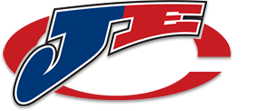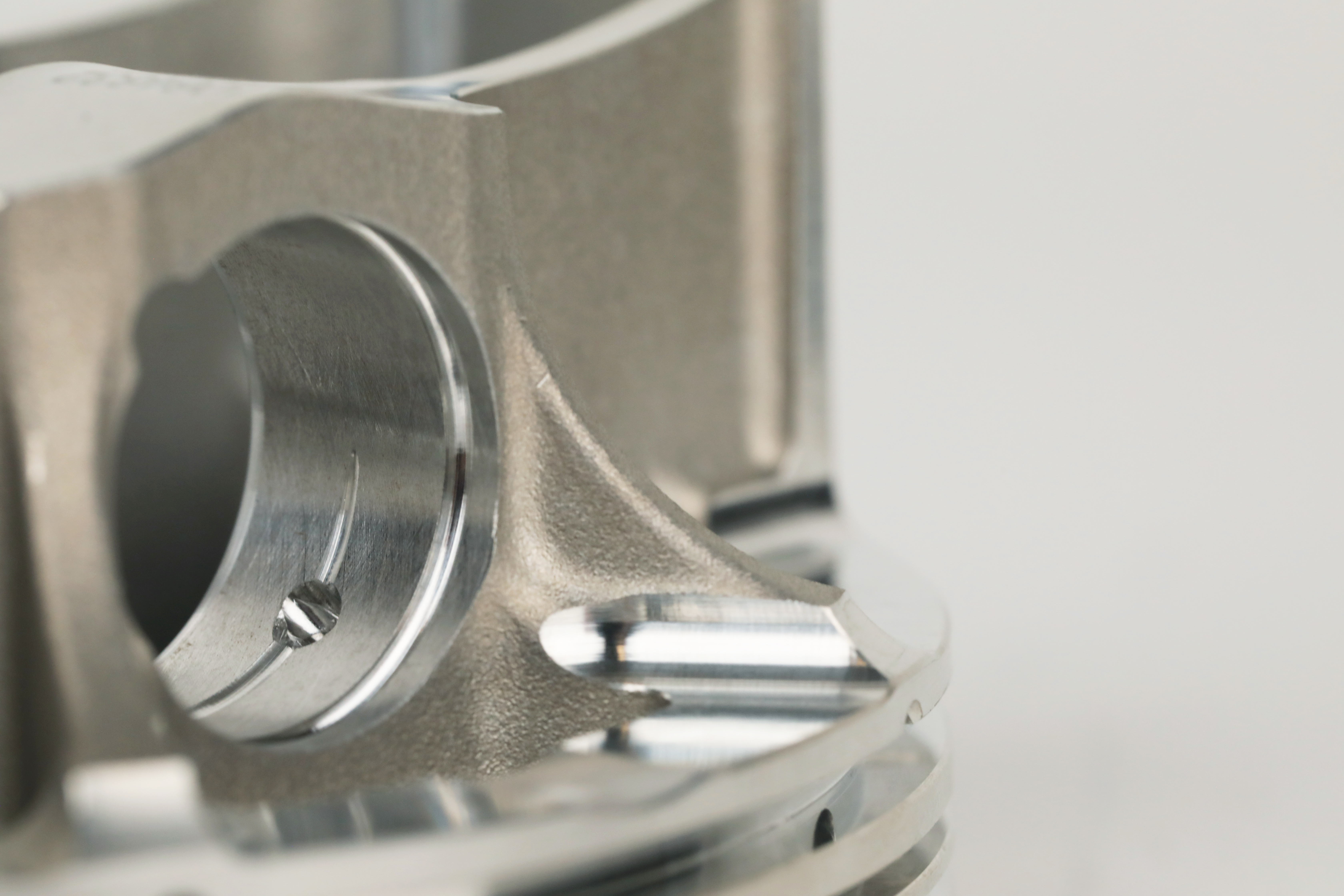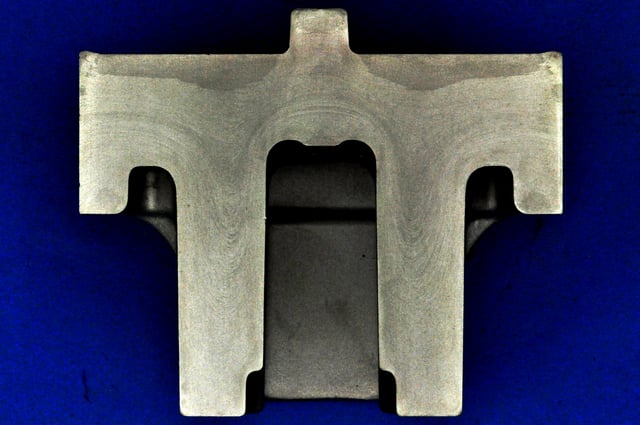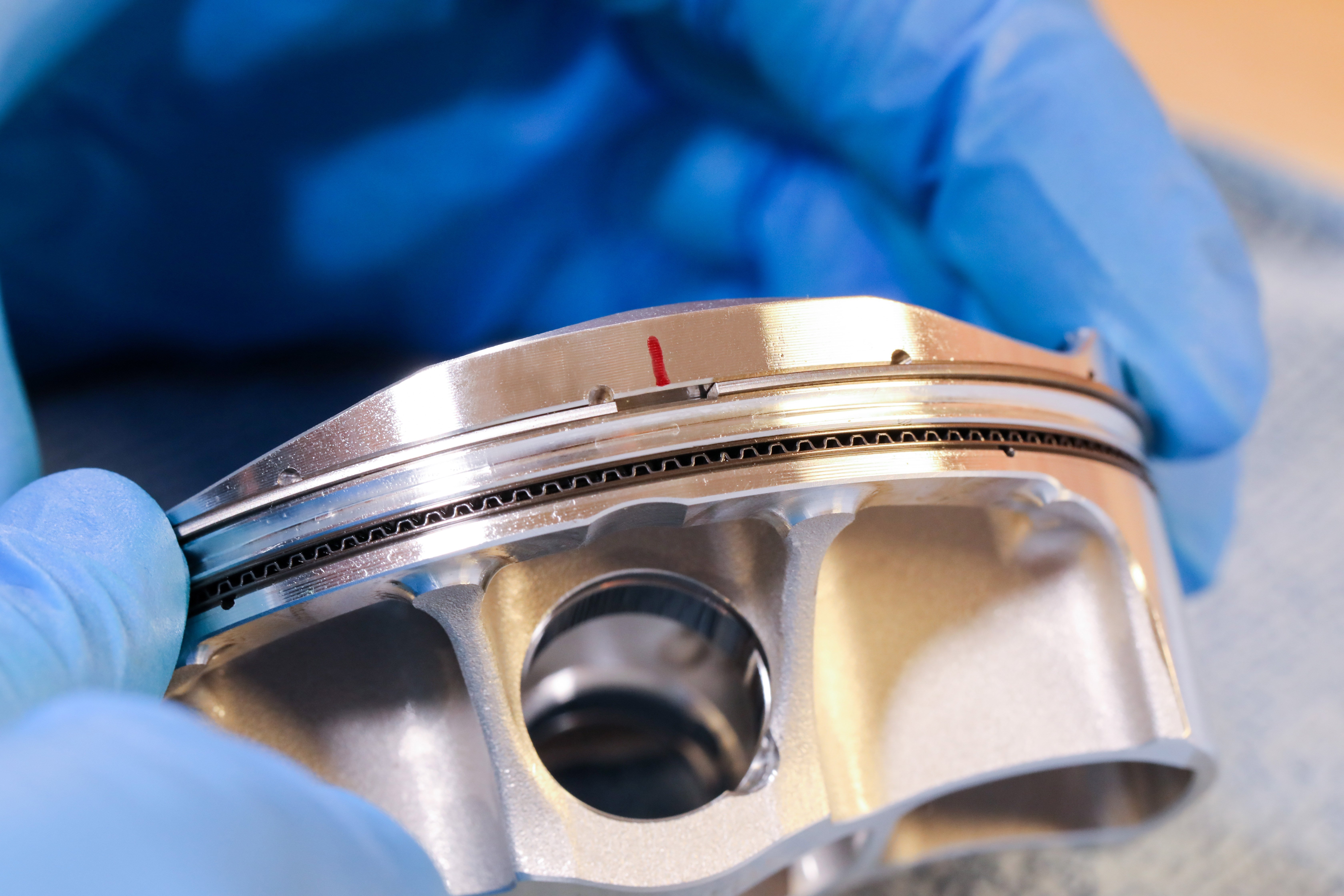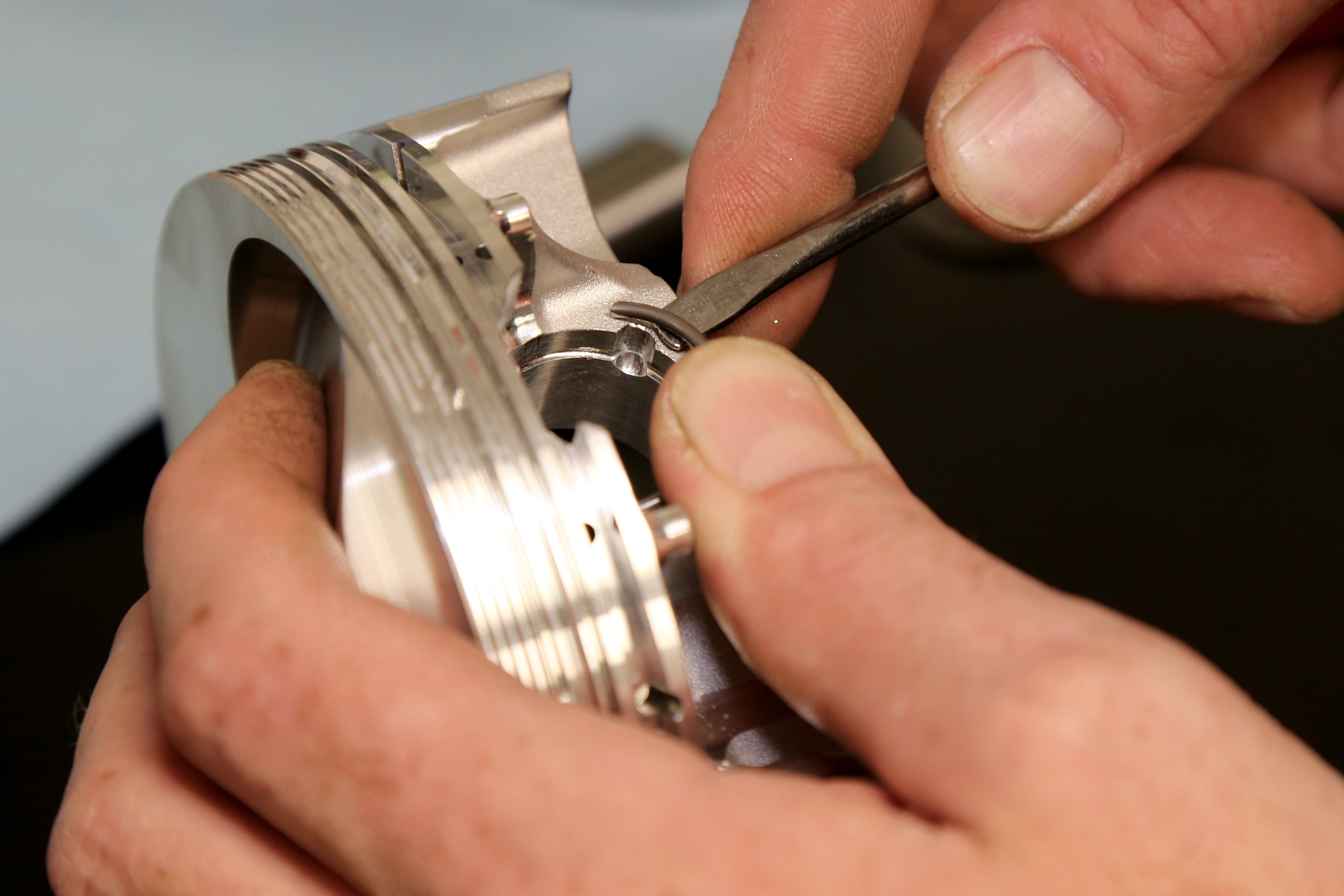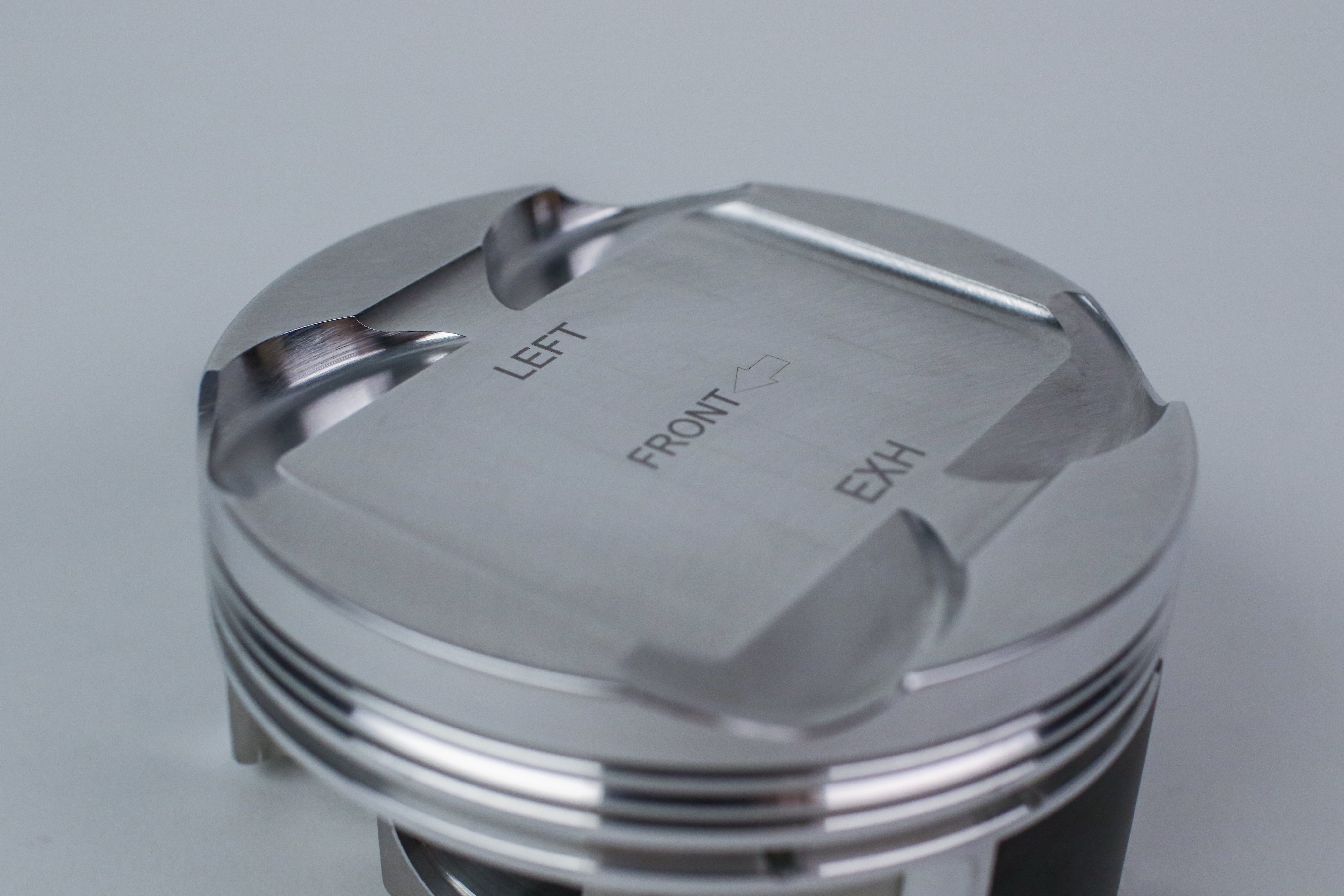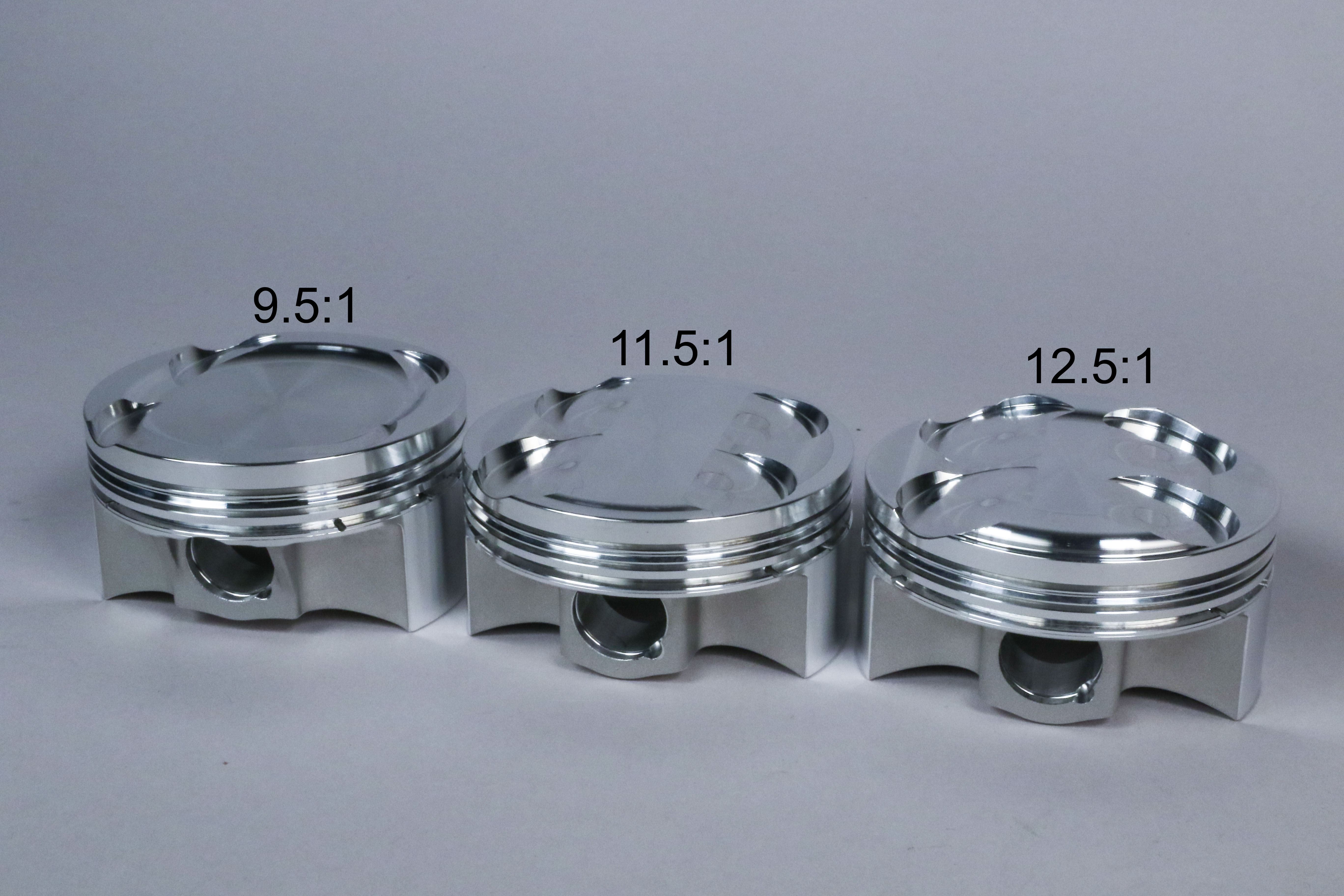JE Pistons has long been known for its custom piston capability, but now industry-besting lead time, and high quality are supplemented by an exciting new forging technology! It’s no secret that today’s motorsport environments are more demanding than ever. Horsepower numbers continue to go up while elapsed times go down, and whether you’re duking it out on the drag strip, road course, circle track, or somewhere else, it’s a pretty safe bet that the competition isn’t letting up.
But racers know that horsepower isn’t worth much if you can’t rely on it. That’s why JE recently introduced the Ultra Series, a line of pistons purpose-built for big power that’s designed to take the guesswork out of piston selection so teams can focus more of their attention on the rest of their racing programs. Along with a host of premium features aimed squarely at those looking for top-tier performance, the Ultra Series also introduced an innovative new forging process known as Aligned Grain Flow Technology, which is now available in any custom piston application where an AGFT–style forging is available.
This new development takes advantage of JE's in-house forging library, allowing AGFT to flow into the custom piston market, an area where JE is a long time leader, in addition to solely self-stock pistons. While JE's expansive shelf line will handle all of the popular engine applications, for those that need something special, this new custom program offers extra strength and versatility to those that need something a bit off the beaten path.
Ultra Series Piston Applications
- Chevrolet LS and LT Dish, and Flat Top
- Ford Coyote Gen I-III
- Honda K Series and K20C
- Subaru EJ Series and FA20DIT
- Mitsubishi 4G63 and 4B11T
- Nissan SR20
- Toyota 2JZ
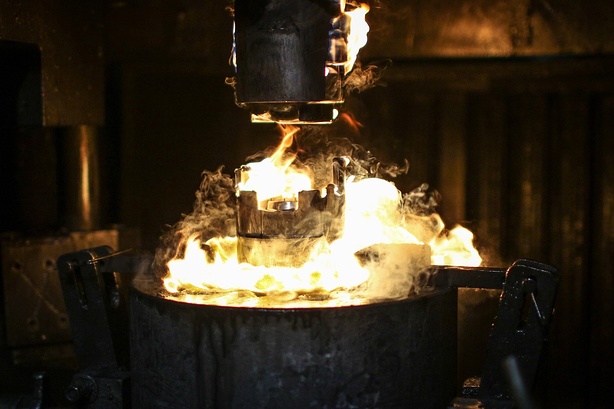
What is Aligned Grain Flow Technology?
Designed to strengthen the piston at the material level, this technique was exclusive to the Ultra Series upon its debut, but now JE is bringing this game-changing tech to their custom line as well.
“Along with our piston manufacturing, another part of JE’s business is serving as a forging house,” explains Nickolaus DiBlasi, Director of Product Management for JE Pistons. “We’ve made a lot of parts used outside of the automotive realm through that side of our manufacturing, and among those, a number of them have been for aerospace applications. This technology sees a lot of use in aerospace projects because those are applications where you typically need maximum strength paired with minimum weight. So here we’re taking a technology that we’ve perfected over the years and looking at ways that we can offer those same benefits to a larger audience.”
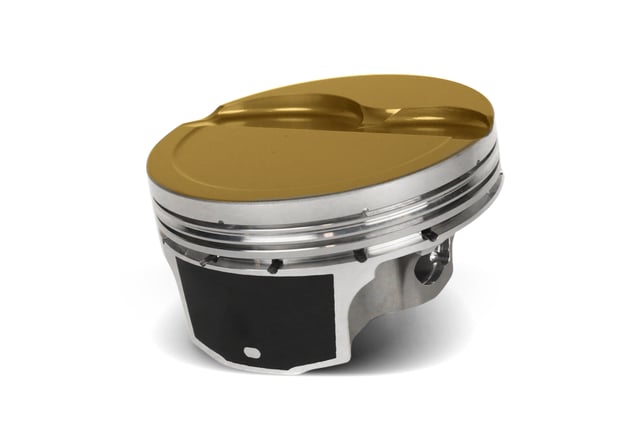
This proprietary JE technology isn’t something that can be easily duplicated elsewhere, DiBlasi points out. “It’s not an easy thing to do – it requires a highly unique approach." The unique thing about JE is that we’re so vertically integrated that we can call out the exact mix of aluminum we need, the shape that’s required, and build the tooling around what we need to create the end product.”
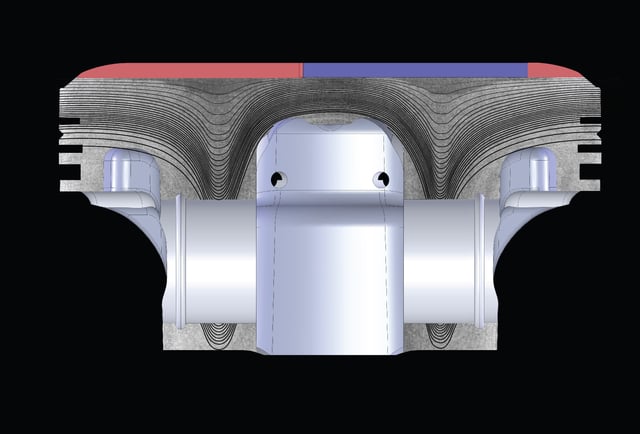
JE first brought the technology over to the piston side when they started receiving requests for Formula One-style piston forgings. “We supplied it to other people at certain capacities before we decided to do our own,” DiBlasi says. “At a certain point we noticed that engines were starting to make so much power that it made sense to roll this out to our consumers.”
Today, traditional forgings have become fairly commonplace in high-demand applications, and that’s due in large part to their strength benefits versus their cast counterparts. “You basically get a piece of a metal material and punch it into the shape you need,” says DiBlasi.
“So if you’re making a connecting rod, you take a bar and punch it into the shape of something like a dog bone, and that gets you to about 90% of what the end result will be. A piston starts off as a cylindrical piece of aluminum, and the negative is basically the shape of a piston – you pound it and it basically conforms into that shape. You can get most of the grain flow close to the final dimension, but the thing is, the more complex of a shape you’re making, the more you’re asking that grain to change direction. Because of that, it’s nearly impossible to get a traditional forging to keep the grain aligned in a piston. But since we know where all the twists and turns are in our designs, we can create a forging where the starting material that is closer to the end shape, and then punch it in a certain manner that allows us to get far more grains to uniformly align in the finished product.”
And the result of that unique forging technique is a significantly stronger part. “It’s typically about 20% stronger than a traditional forging,” DiBlasi notes. “And what’s particularly interesting is that it gives us the option to either have a part that’s much stronger at the same weight or, in the case of our custom line, a part that’s thinner and lighter while maintaining the same strength that everyone’s used to.”
Available in 2618 aluminum material, JE is currently in the process of expanding the availability of this technology for various high-demand applications. “We’re about to come out with an Ultra Series line for powersports to support all the very high compression applications,” DiBlasi tells us. “We do 14:1 and 15:1 compression commonly on 250cc and 450cc off-road bikes. It’ll be a much thinner part than people are used to, but it will maintain the same strength that they’ve come to expect from us. And those should be available within the next three months or so.”
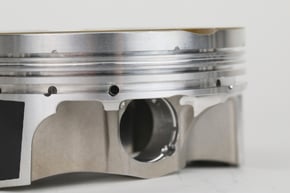
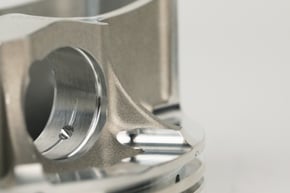
Because of the unique requirements of the technology, there are some limitations in terms of where this process can be applied, but DiBlasi notes that JE intends to support their most popular forgings. “Right now it’s the big hitters. We have a forging ready to go for anything that fits on an LS, modern Fords, or any popular import. We’re not going to have one for an obscure engine from half a century ago, but where it makes sense from a business standpoint, we’re going to do it. Generally speaking, you’re going to see this technology attached to what is usually a high-end engine build. It costs significantly more to manufacture these versus a standard forging, so we have to look for cases where there’s going to be significant volume or an expectation of more expense because of how involved the builds typically are.”
He notes that the next targets are the popular 360ci and 410ci forgings used in sprint car racing. “That’s an application that requires heavy duty strength and light weight, so it’s a perfect candidate for it. You should see something for those by the time the PRI show comes around in December.”
Looking down the road, JE also plans to dig deeper into Chevrolet’s back catalog. “You’ll see more of the older legacy small-block Chevy stuff, and then maybe some of the big-blocks as well.”
For would-be customers, DiBlasi adds that the first step is to make sure that there’s an Ultra Series-style forging available for their application. “If it’s something popular, we mostly likely either have it or it’s in the works, so just reach out to confirm availability.”
